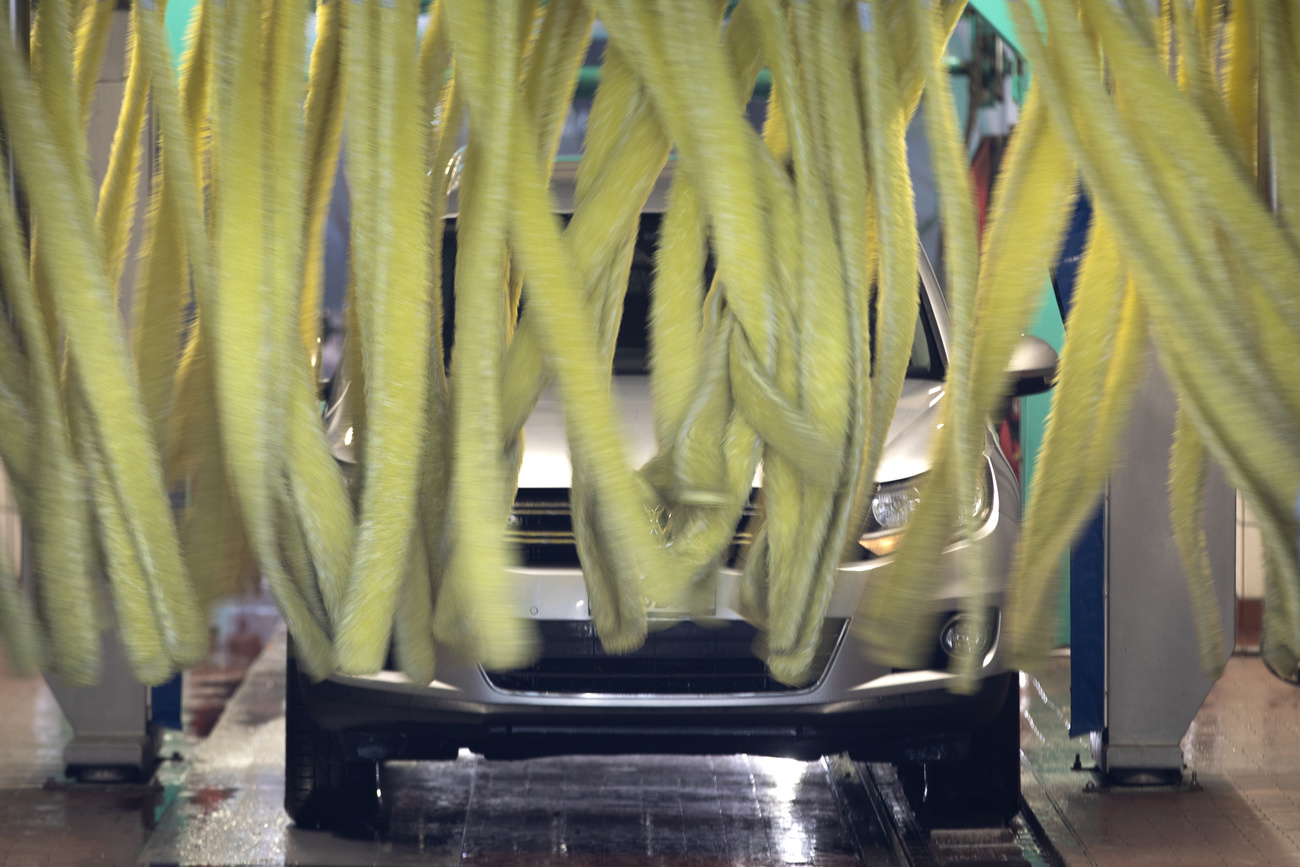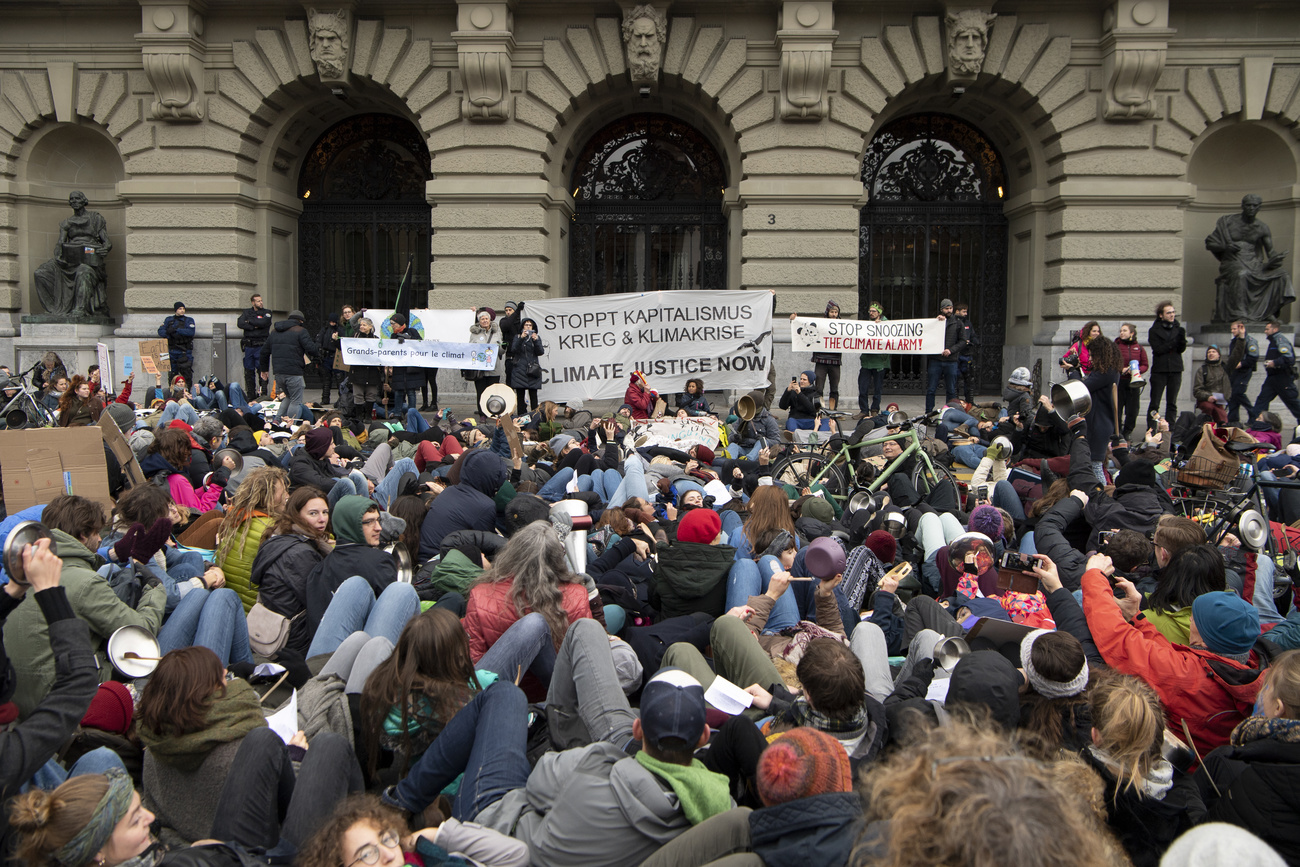
Signa Chair Says Business Was Orderly, Blames ECB For Troubles
(Bloomberg) — The supervisory board chair of Signa’s two largest property units said business at Rene Benko’s insolvent conglomerate was orderly and transparent, and blamed the European Central Bank as well as misguided retail investments for financial troubles.
Property valuations went through orderly assessments by external appraisers and auditors, and were also confirmed by sales, Alfred Gusenbauer, a former Austrian chancellor who led the oversight bodies at Signa Prime and Signa Development, said on ORF public radio on Saturday.
Signa was for a long time a successful and profitable company that was beneficial for its owners, investors, employees and advisers, he added.
“There was always transparency toward investors, as annual reports were made available at shareholder meetings,” Gusenbauer told ORF. “We weren’t dealing with retail investors but with economically informed people.”
Gusenbauer spoke amid growing criticism over Signa’s dealings, including its complex corporate structure, reliance on appreciation to book profits, obscure finances and delays in publishing accounts for some of its units.
The conglomerate owned more than €23 billion ($25.2 billion) in property at the end of 2022 after two decades of exponential growth, having lapped up prized assets such as Selfridges department store in London and New York’s Chrysler Building.
Signa’s insolvency is the largest in Austria’s history. Creditors, lawmakers and legal professionals have questioned the company’s request to stay in self administration, a type of insolvency that allows management to stay in charge under the oversight of a court-appointed administrator.
Under the process, the company has 90 days to agree with creditors over a restructuring plan that pays back 30% of liabilities within two years.
Signa’s Galeria unit, a chain of German department stores, this week initiated its third insolvency in four years. The company wrote off hundreds of millions in loans from the German government in its previous reorganization.
Still, there’s a growing risk of conflict among Signa investors. They include some of Europe’s richest individuals, including transportation tycoon Klaus-Michael Kuehne and the Peugeot family, as well as Saudi Arabia’s Public Investment Fund.
Some, including the Abu Dhabi wealth fund Mubadala Investment Co., have filed arbitration claims, demanding hundreds of millions of euros for alleged violations of financial agreements. Bondholders of Signa Development have criticized the movement of cash within the company, and are seeking to hinder the appointment of a so-called curator that would obstruct their direct involvement in negotiations.
“I have a clean conscience that we did everything in the supervisory board that we had to,” Gusenbauer said on Saturday. “We sought to make the right decisions, and for a long time that worked exceptionally well.”
Gusenbauer blamed certain retail investments for Signa’s financial difficulties, including a string of acquisitions into online sport stores. Those investments cost the company more than €1 billion, money that would have otherwise been available to support Signa’s real estate operations, he said.
Meanwhile, the ECB’s rate increases – meant to quell high inflation across the euro zone – brought headwinds for the wider industry, and a regulatory review of banks’ exposure toward the company made raising additional funding more difficult, he said. ECB officials have called such claims “bizarre.”
“Banks were quite obviously told not to provide more financing,” Gusenbauer said. “Had this not happened, we perhaps wouldn’t be bankrupt.”
©2024 Bloomberg L.P.





































